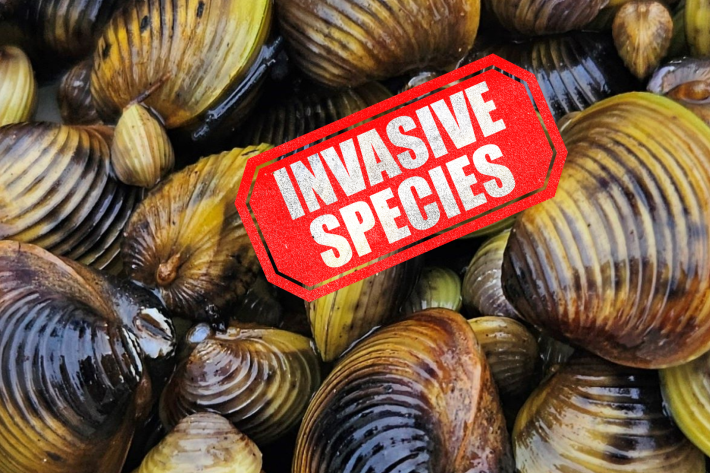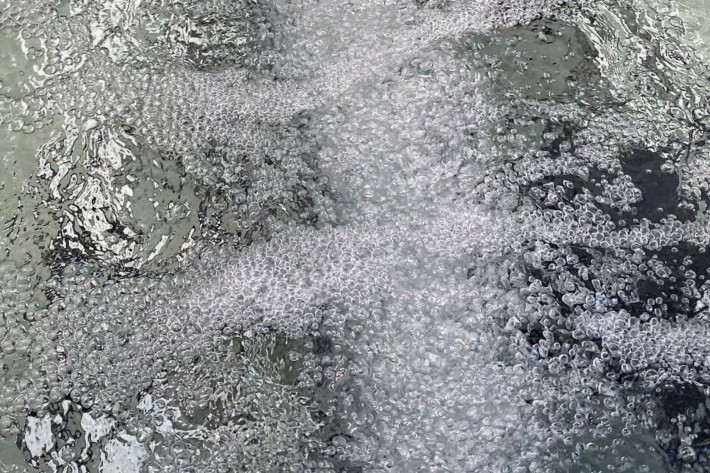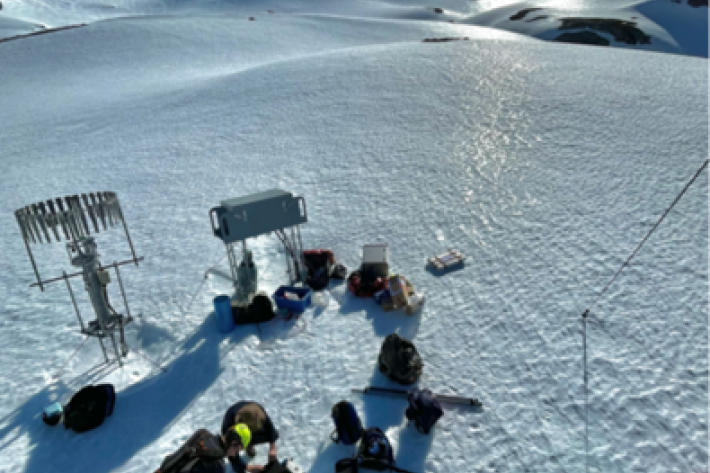-

Freshwater mitigation systems
Effective systems to manage contaminant losses -

Stopping the gold clam: it's now or never
A NIWA-led programme to develop effective, and culturally-attuned strategies for managing the freshwater gold clam. -
Fish Passage
Understanding and supporting the migration of fish through New Zealand's freshwater habitats -

River flow forecasting
Research ProjectNIWA is developing a national river flow forecasting tool for New Zealand that aims to support and strengthen our planning for and response to extreme rainfall events. -

Restoration of aquatic ecosystems
Research ProjectThis project aims to increase our knowledge of aquatic ecosystems and their restoration, and apply this to degraded streams, rivers, lakes and estuaries. -
RotoTurf: Aquatic plant ‘life rafts’ in degraded lakes
A team of NIWA freshwater ecologists are researching the use of biodegradable plant mats to help reintroduce native aquatic plants to degraded freshwater lakes in Aotearoa-New Zealand. -

The Bio-Acoustic Fish Fence
Research ProjectInvestigating the effectiveness of an acoustic bubble-screen in minimising the movement of pest fish -

Ngaa taonga tuku iho o ngaa roto o Tahaaroa
Research ProjectDeveloping the monitoring and evaluation approaches that respond to the hauanga kai aspirations of Ngaati Mahuta -

Better runoff and hazard predictions through national-scale snowmelt forecasting
Research ProjectDeveloping a snowmelt forecast system to enable more accurate and confident forecasts of river flow and alpine hazards. -

Future Coasts Aotearoa
Transforming coastal lowland systems threatened by sea-level rise into prosperous communities -

High Frequency Water Quality Monitoring Guidance
Research ProjectA NIWA-led project to support anyone wishing to deploy a water quality sensor in rivers, lakes and estuaries. -

Investigating ecological impacts on freshwater insects from LED streetlight conversions
Research ProjectLittle is known what impact artificial streetlights have on flying freshwater insects which are integral to our waterway ecosystems.

